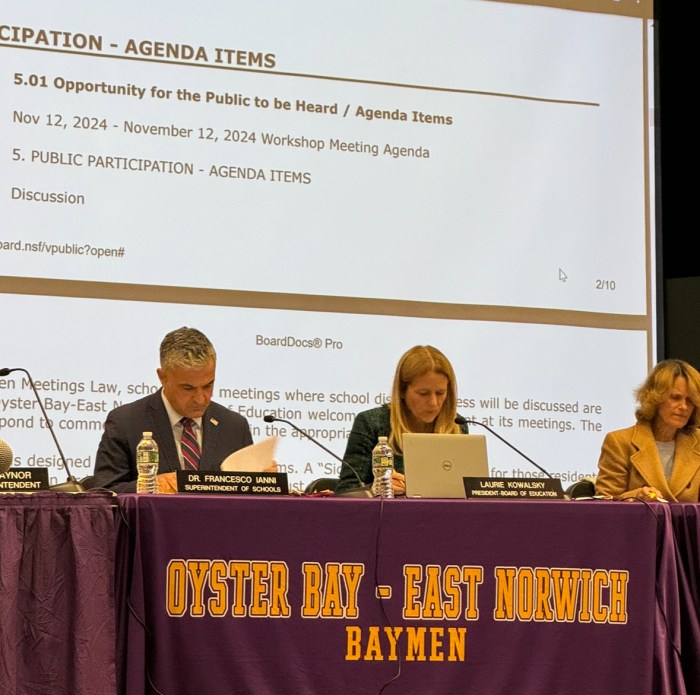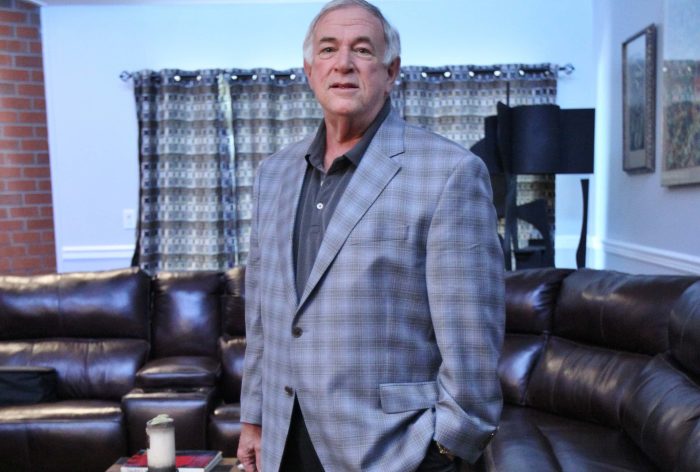Resilience is a key concept that children need to learn. The good thing about resilience is that it is not innate. The ability to cope with problems and change in a healthy manner can be taught.
Many parents want to protect their child, which can lead to a lack of problem-solving skills. Teaching resilience will prepare your child for their future.
One of the best things parents can do is teach children how to solve problems. Instead of avoiding uncomfortable situations, offer guidance to get your child thinking.
Many children often go through a phase where they do not want to leave to spend the night at camp or a friend’s house. Ask your child how they think they can overcome this, and then help them practice ways to work past the negative feelings. Role playing can often help a child learn to work through problems by acting out different conclusions they can then utilize.
It also helps to not offer an answer to everything or accommodate every single want or need. A child cannot live their entire lives in complete comfort — no human can.
Obstacles arise, and your child will be better prepared to handle issues by having them think and act for themselves. A child who understands a problem and works through it gains confidence.
Acknowledge that mistakes are OK. Children need to realize that mistakes help make us better. We can learn valuable lessons from mistakes, and they are part of our journey.
Failure is a component of success. Everyone fails and your child need not dwell on failing. Sometimes children need to see the consequences of how they act before they understand that failure is temporary.
Resilience can help children become better adults. They learn how to cope with difficulties, how to bounce back.
Resilience lessens anxiety and one of the best ways they learn resiliency is by watching their parents and teachers and how they cope with life happenings or people. Lead by example, because you never know who is watching.
Michelle Dell’Aquila is a licensed therapist and the director of Child Development Advice, an educational consulting agency. She can be reached at childdevelopmentadvice.com






























